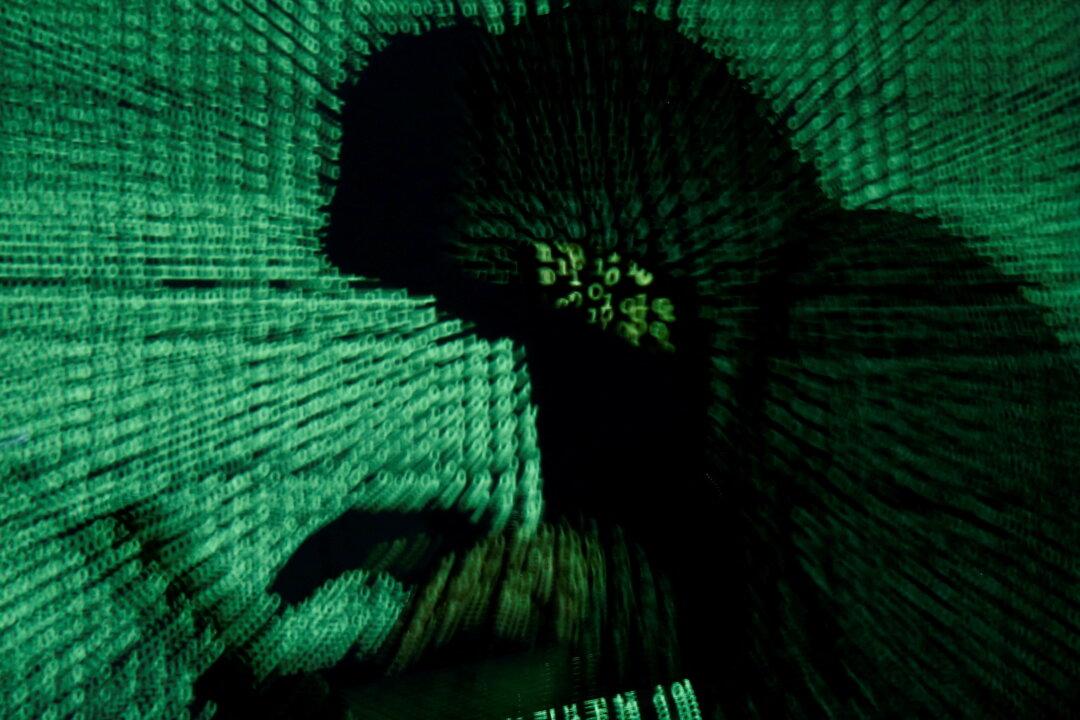Notifiable data breaches are on the rise in Australia but most people don’t know where their stolen personal details end up or how much they’re worth, a cyber expert says.
To crooks, it’s the new gold: data in the form of Medicare numbers, bank account details, and social media passwords they can onsell.





